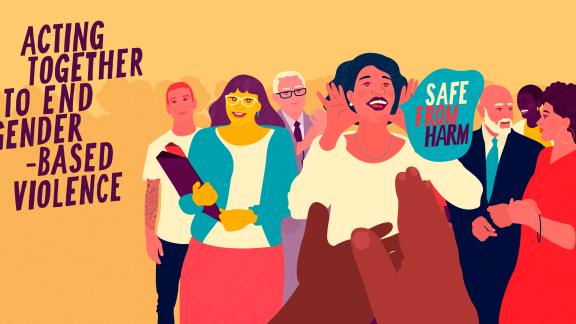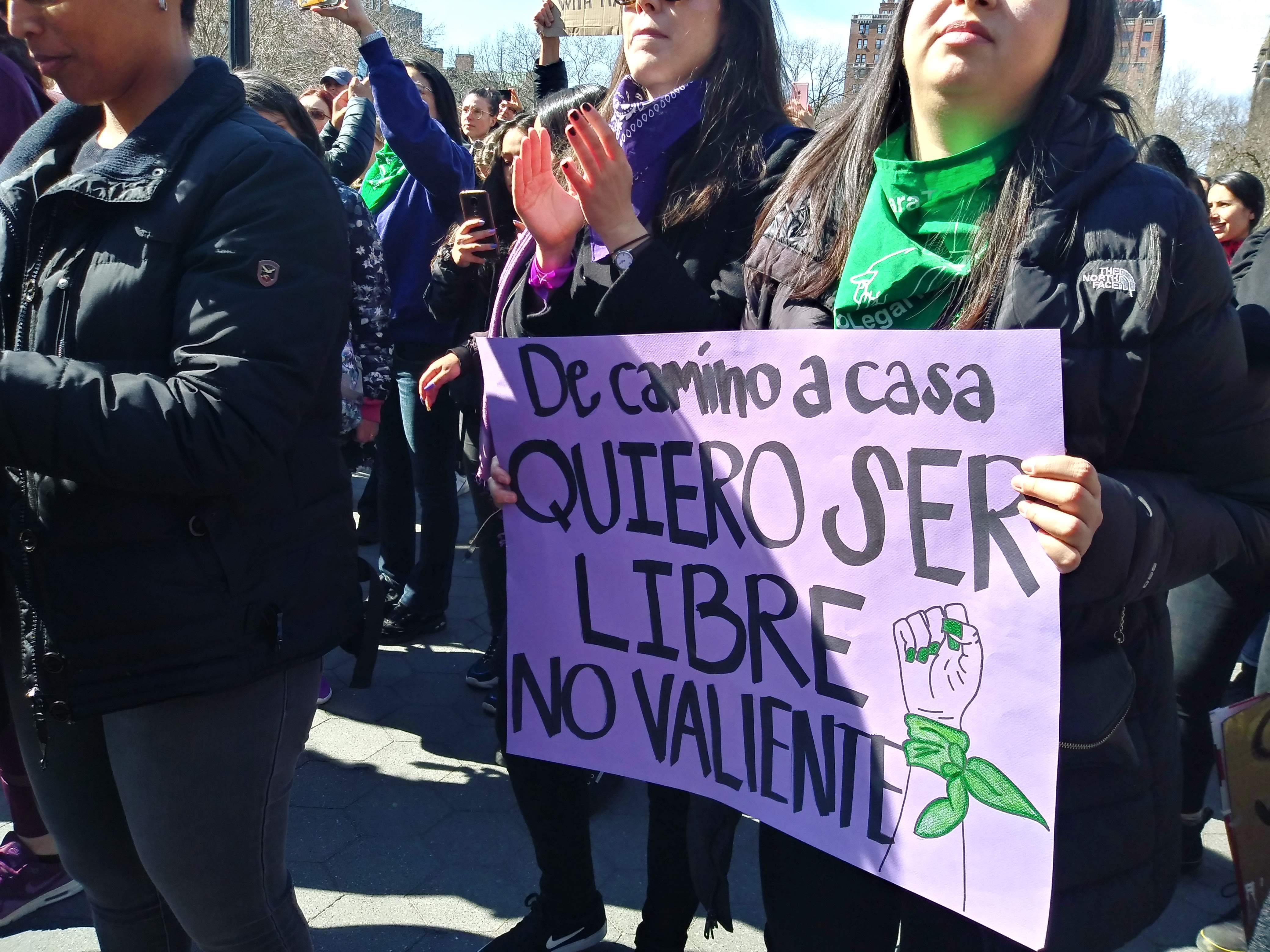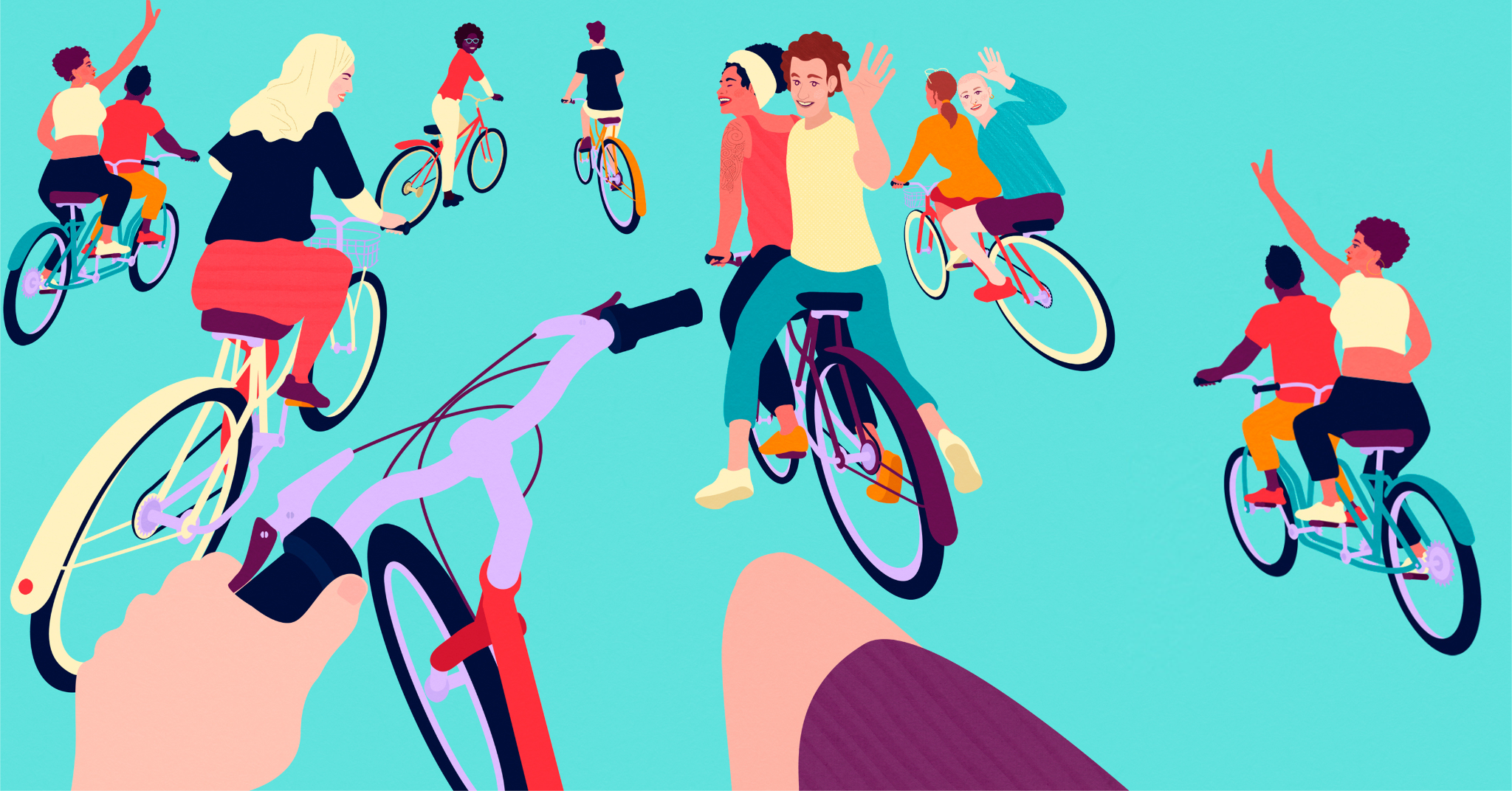Education eradicates inequalities
For Demet, relying on the law isn’t enough. Educating young people about consent in a variety of everyday situations can contribute to building a more just society. She says boys and men may take what they believe they are entitled to because society has taught them it is their right to do so: ‘We need to teach people from a young age what consent is about and that it isn’t just about sex. A consent culture is so much more than that. It’s about checking in on your spouse when you come home or teaching children to share.’
Fatta has collaborated on a children’s book focused on consent and bodily integrity. Teaching children to read signals on verbal consent and body language is vital, Demet says: ‘When you have two kids tickling each other, they can’t help laughing. It is a natural reaction but it’s about making sure the other person is ok with you tickling them.’
Demet is confident that change can happen but is in disbelief that the system hasn’t changed until now: ‘Young people are still receiving the same sexuality education that I had, that my parents had and that my niece and nephew had. But they need to learn about determining the difference between a good relationship and a bad one. How do we learn to read consent and give consent? We haven’t learnt to stand up for ourselves. That means learning how to say yes and knowing what we want, as well as accepting a no.'
Demet says we need to ask men for help rather than blaming them. The activist argues that we can’t blame boys for rape culture nor can we speak to them the same way as we talk to politicians. It’s also about changing the way men view sex and encouraging men to talk to their friends: ‘Most men know that they have at some point stepped out of line, flirted when someone didn’t want to be flirted with, gone in for a hug when it wasn’t wanted. We are all to blame that we don’t have the consent culture we want.’
Having a consent culture needs to be part of all aspects of society. For Demet, it’s also about looking at our influencers, both online and on TV: ‘There have been clear cut cases of rape on reality TV shows. This is what young adults watch and think is acceptable behaviour. Participants need to be trained on consent.’
Damaging and discriminatory attitudes towards women and sexual violence continue to persist but there is momentum for change. Demet says the approach needs to be intersectional and inclusive: ‘We won’t get there if we only focus on cis women. The percentages show us that 96% of people raped are women but a lot of people with different gender identities, such as transgender and non-binary people, are also affected.’
For Demet, replacing rape culture with consent culture is done through education and talking about it: ‘A law alone can’t change society. But it can create a new norm about what should and shouldn’t be done. It is through cultural change and the way in which we handle cases that we can reduce rape in the future.’
* The age of consent in Sweden is 15, so the victim’s age did not provide automatic grounds for a rape conviction.
Check out our #SafeFromHarm campaign to find out more about the legal and policy measures IPPF EN wants to see prioritised in the fight againt gender-based violence in the European Union.
Interview by Dearbhla Crosse. Photo credit Demet Ergun.
***

This campaign is funded by the European Union through the Citizens, Equality, Rights and Values Programme.
Disclaimer: Views and opinions expressed are those of IPPF EN and do not necessarily reflect those of the European Union or the European Commission. Neither the European Union or the European Commission can be held responsible for them.













